Canada’s car market is entering uncharted territory as auto tariffs disrupt everything from vehicle pricing to dealership strategy. Shoppers are no longer just comparing horsepower and fuel economy, as they also have to navigate supply delays, sudden price hikes, and disappearing incentives. Whether it is hunting for a hybrid, financing a luxury SUV, or eyeing a base model commuter, tariff uncertainty is reshaping how Canadians buy cars. Here are 24 ways auto tariffs are changing car shopping habits in Canada:
Buyers Are Rushing Into Dealerships Earlier Than Planned

Canadians are fast-tracking their vehicle purchases, often months or years ahead of schedule. Where many used to wait until lease-end or model year clear-outs, looming tariff hikes have flipped that logic. Dealerships in Vancouver and Toronto are reporting an uptick in early lease buyouts and impulsive new-car purchases. At the same time, the fear of rising MSRPs or longer wait times pushes shoppers to lock in deals while inventory remains. In the past, buyers planned for discounts, but now they are bracing for price spikes and scrambling to act before new tariffs ripple through dealer lots nationwide.
Used Vehicle Prices Are Surging Nationwide
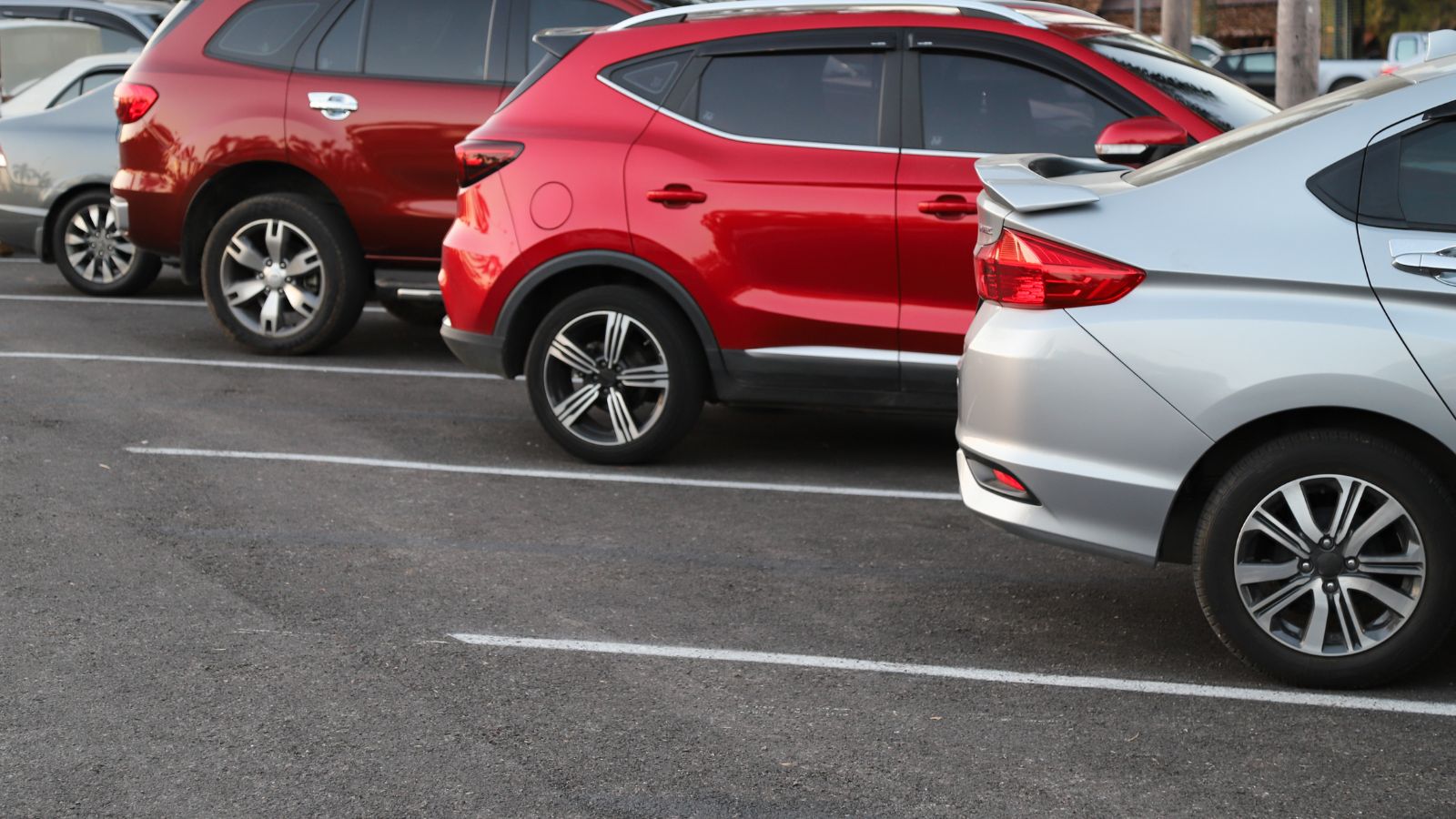
With new vehicle costs climbing due to tariffs, Canadians are turning to the used market in droves, driving prices through the roof. Certified pre-owned hybrids, in particular, have become hot commodities, and some used models are now selling for more than they did new just a year ago. In cities like Calgary and Montreal, listings are drying up fast, and dealers are struggling to keep affordable inventory on their lots. Tariff-induced supply chain issues on new vehicles have made used cars a key fallback, forcing shoppers to rethink what value looks like in today’s volatile market.
Compact Cars Are Making a Comeback
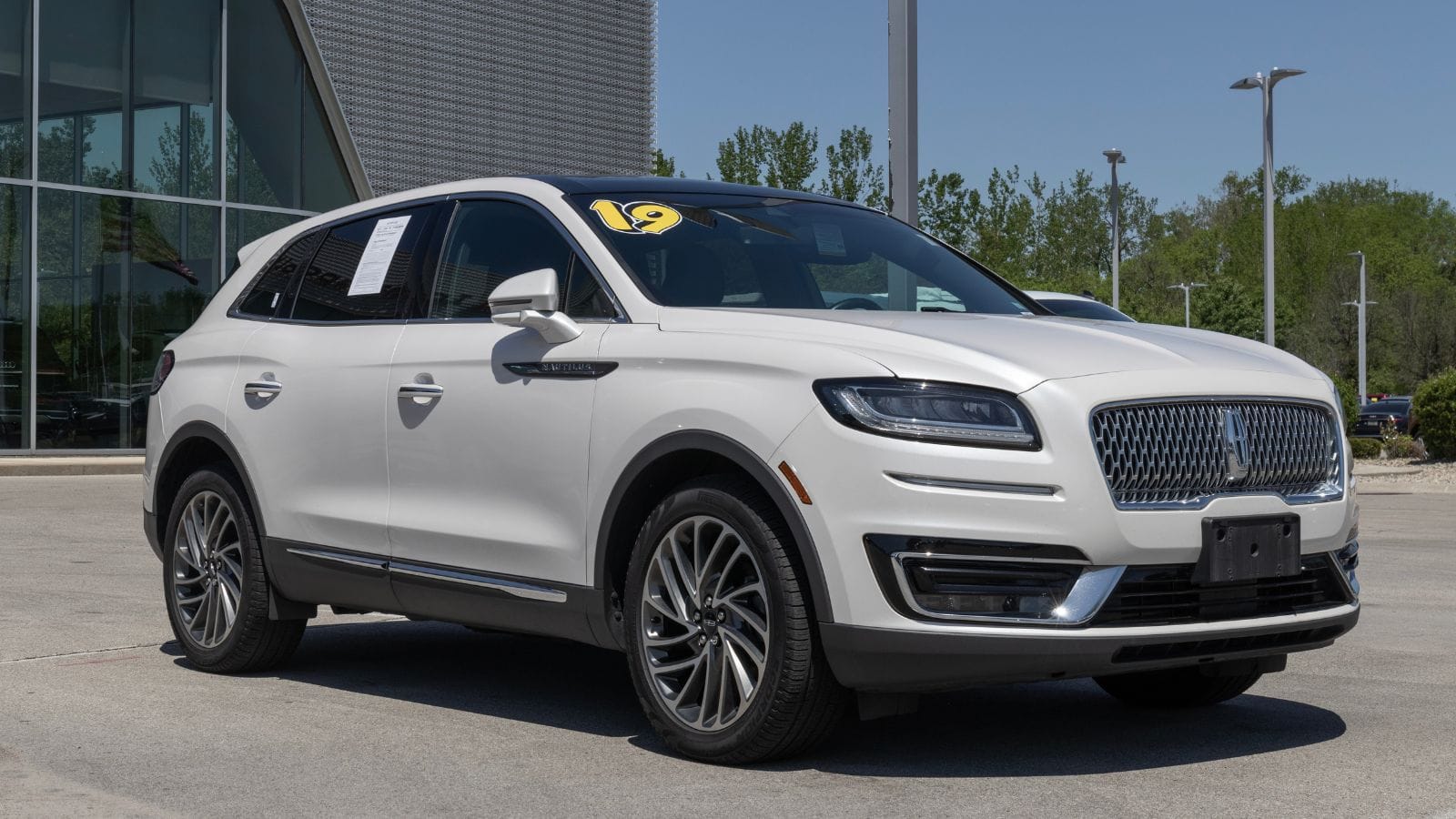
Canadians are quietly returning to compact sedans and hatchbacks, which are vehicles once overshadowed by the SUV boom. Models like the Toyota Corolla and Hyundai Elantra are flying off lots thanks to their lower price points and reduced exposure to luxury tariffs, and being fuel-efficient and often built in North America, they are viewed as a safer financial bet. Buyers who previously dismissed small cars for being underpowered or lacking tech are now reconsidering, especially as tariffs hit larger vehicles and imported crossovers harder.
Loyalty to Specific Brands Is Breaking Down
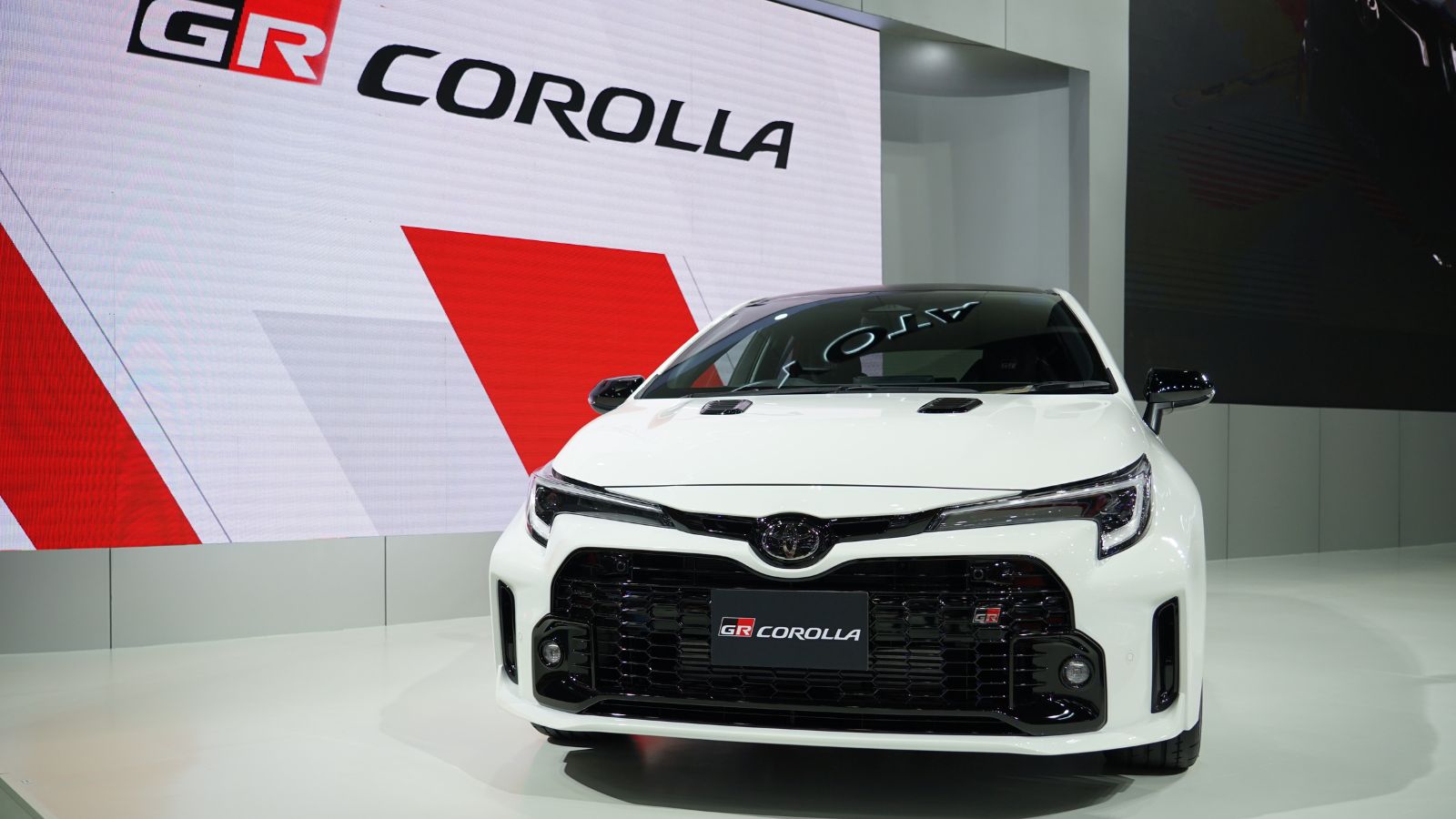
Tariff pressures are reshaping brand loyalty across Canada. Where shoppers once stuck to household names like Honda or Ford, they are now cross-shopping more aggressively, prioritizing price, availability, and tariff exposure over badge loyalty. Some are even jumping to less familiar brands like Kia, Genesis, or Mitsubishi if the deal looks better. At the same time, in cities like Winnipeg and Ottawa, dealers report more first-time brand-switchers than ever before. Canadians are still focused on reliability and performance, but the unpredictable trade environment is making flexibility a new must-have feature in the buying process.
Leasing Is Beating Out Financing for Flexibility

Faced with volatile pricing and tariff threats, many Canadians are turning to leasing as a hedge. Instead of committing to long-term loans on vehicles that may lose value or spike in price, buyers are opting for short-term leases to ride out the uncertainty. In provinces like Quebec, where leasing was already popular, this shift is even more pronounced. Drivers want the ability to walk away or upgrade without being locked into inflated post-tariff payments, as they look for agility in a market where prices, incentives, and even inventory can shift overnight.
Plug-In Hybrids Are Outpacing Fully Electric Vehicles

While EVs still draw attention, plug-in hybrids are gaining the upper hand as tariff risks rise. Canadian buyers are increasingly choosing models like the Toyota RAV4 Prime or Ford Escape PHEV for their electric range and gas backup, reducing reliance on potentially tariff-impacted battery components. With EV incentives still in flux and infrastructure still developing in many provinces, PHEVs offer a middle ground.
Factory Orders Are Becoming the New Normal
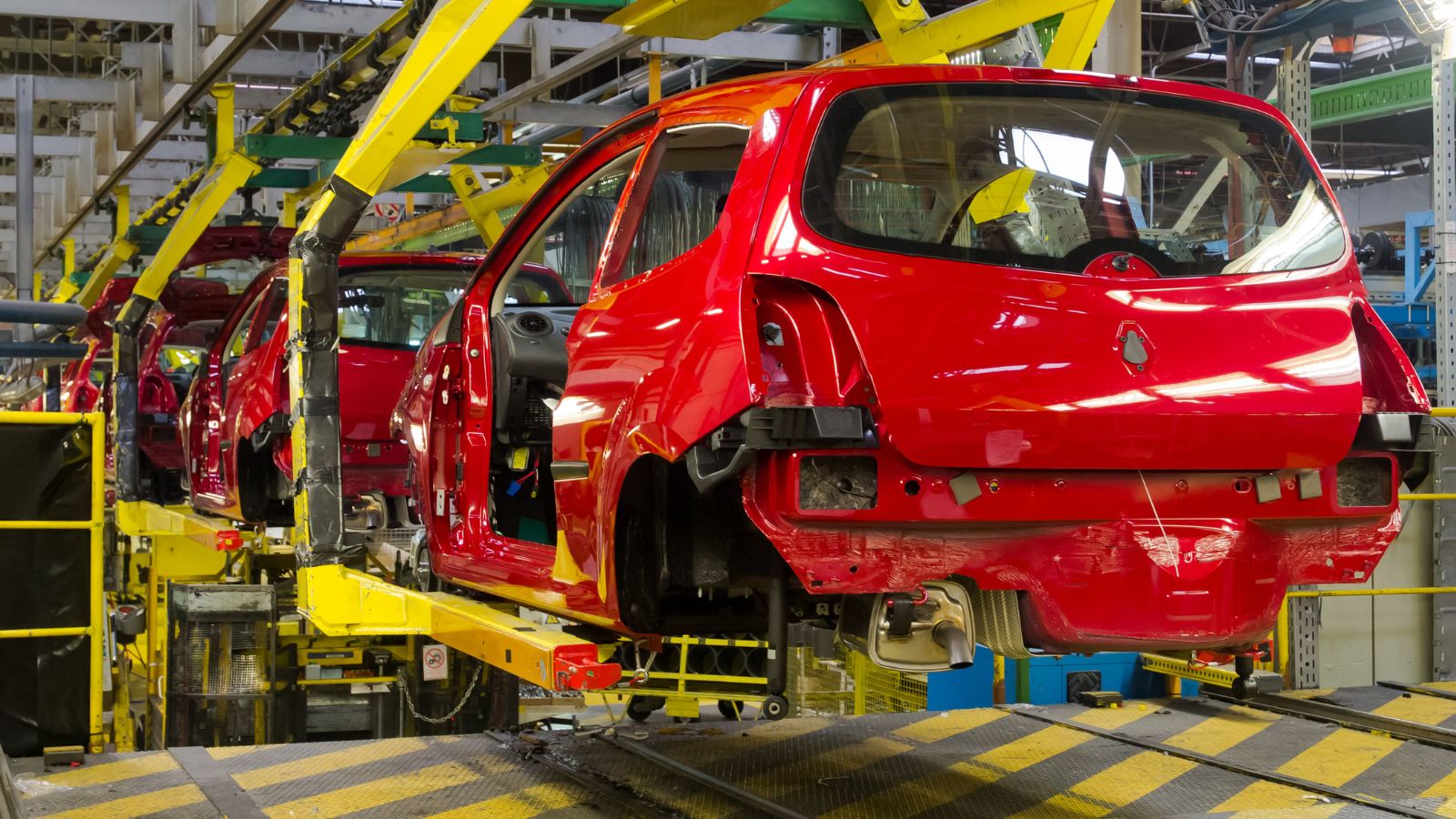
With dealership inventory shrinking under tariff strain, more Canadians are getting used to factory ordering their vehicles. What used to be a niche option is now mainstream, especially for higher trims or specialty features. In cities like Edmonton and Halifax, dealers are encouraging buyers to place customized orders to avoid overpaying for in-stock units with unwanted upgrades. While wait times can stretch from eight to sixteen weeks, shoppers are embracing the trade-off of certainty over inflated post-tariff prices.
High-Trim Packages Are Falling Out of Favor
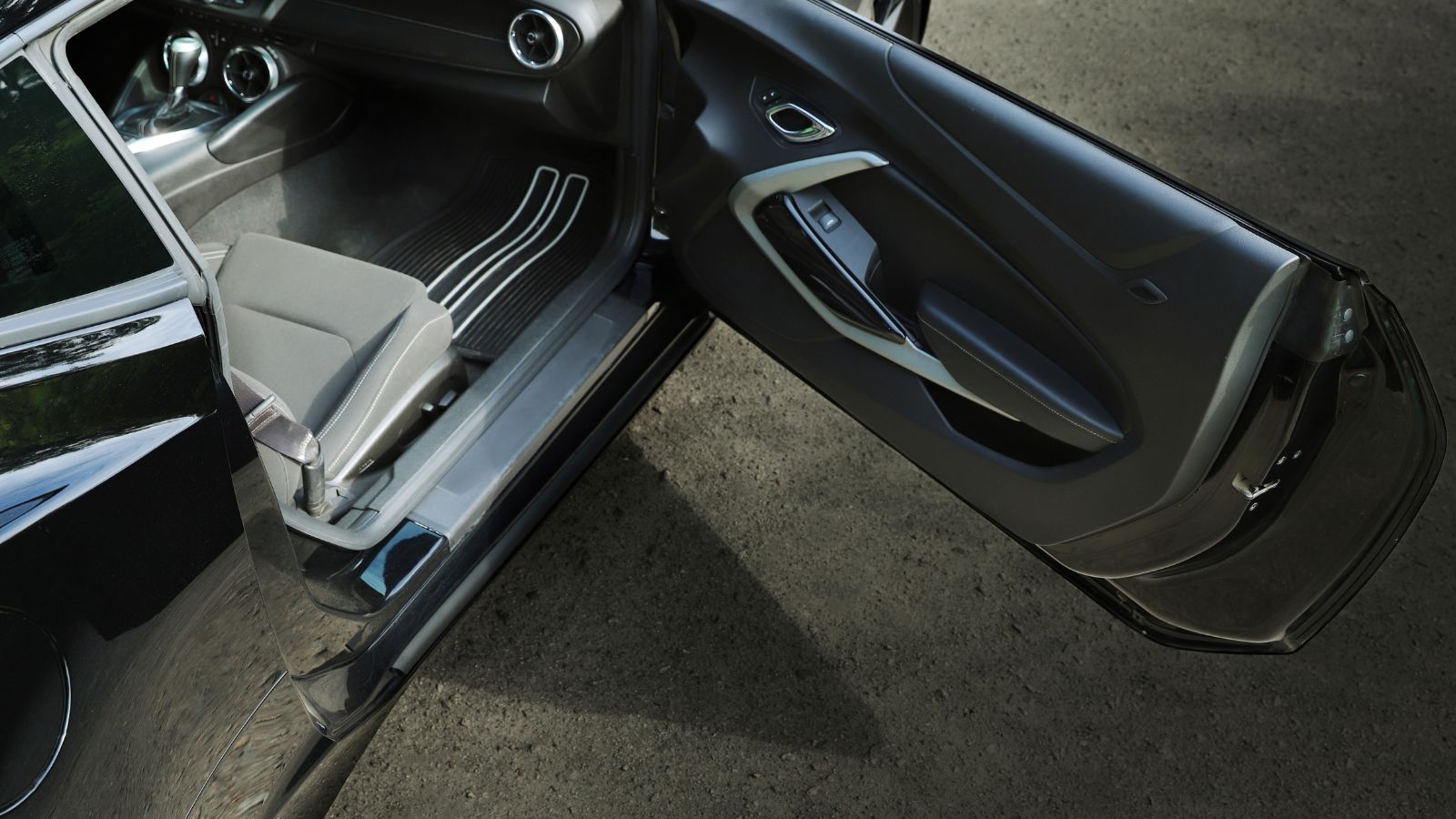
Canadians who used to splurge on tech-laden trims or appearance packages are scaling back to base and mid-range models. This is because tariffs often hit the extra components, like imported displays, advanced sensors, or custom wheels. Vehicles like the Honda CR-V or Mazda CX-5 are still affordable in lower trims, but jump dramatically in price at the top end. Buyers in Ontario and B.C. are focusing more on function than flair, ditching luxury extras to stay within budget.
Online Car Shopping Is No Longer Optional

With in-person stock dwindling and tariffs introducing pricing volatility, Canadians are leaning hard into online car shopping. Sites like AutoTrader and Carpages.ca are seeing record traffic as buyers compare listings across provinces, hoping to score a deal before tariffs hit local lots. Many are even arranging out-of-province delivery to avoid regional shortages or markups. Virtual walkarounds, live chat negotiations, and digital paperwork are replacing showroom visits.
Extended Warranties Are Suddenly More Popular

Tariffs are fueling fears about parts shortages and repair costs, making extended warranties more attractive to Canadian buyers. Traditionally seen as optional or even unnecessary, these plans are now being tacked onto purchases for peace of mind. With imported components, especially for EVs and luxury vehicles, facing possible delays or cost spikes, coverage against mechanical failure feels like smart insurance. Dealerships in Regina and Moncton report higher uptake on powertrain and bumper-to-bumper warranties, even on typically reliable brands.
Cross-Border Shopping Has All but Disappeared

Once a clever trick to save thousands, cross-border car shopping has come to a stop. Canadian buyers used to head to U.S. dealerships for better selection and favorable exchange rates. But with tariffs, duties, and complex regulations muddying the waters, that option has become more of a hassle than. Some shoppers in border towns like Windsor or Surrey still inquire, but they’re often met with red tape and unexpected fees. Tariffs have raised prices and also built invisible walls that make car repurchasing a strictly domestic affair.
Dealer Incentives Are Drying Up Fast

Canadian dealerships once lured shoppers with zero-percent financing, cashback bonuses, and stacked discounts. Now, many of those incentives are vanishing, especially on vehicles impacted by tariffs. Automakers are pulling back perks to preserve profit margins amid supply chain chaos. In places like Saskatoon and Saint John, buyers are shocked to find fewer deals and firmer pricing, even during seasonal sales events. The once-flexible negotiation table is now stiff with uncertainty.
Interest in Canadian-Made Vehicles Is Spiking
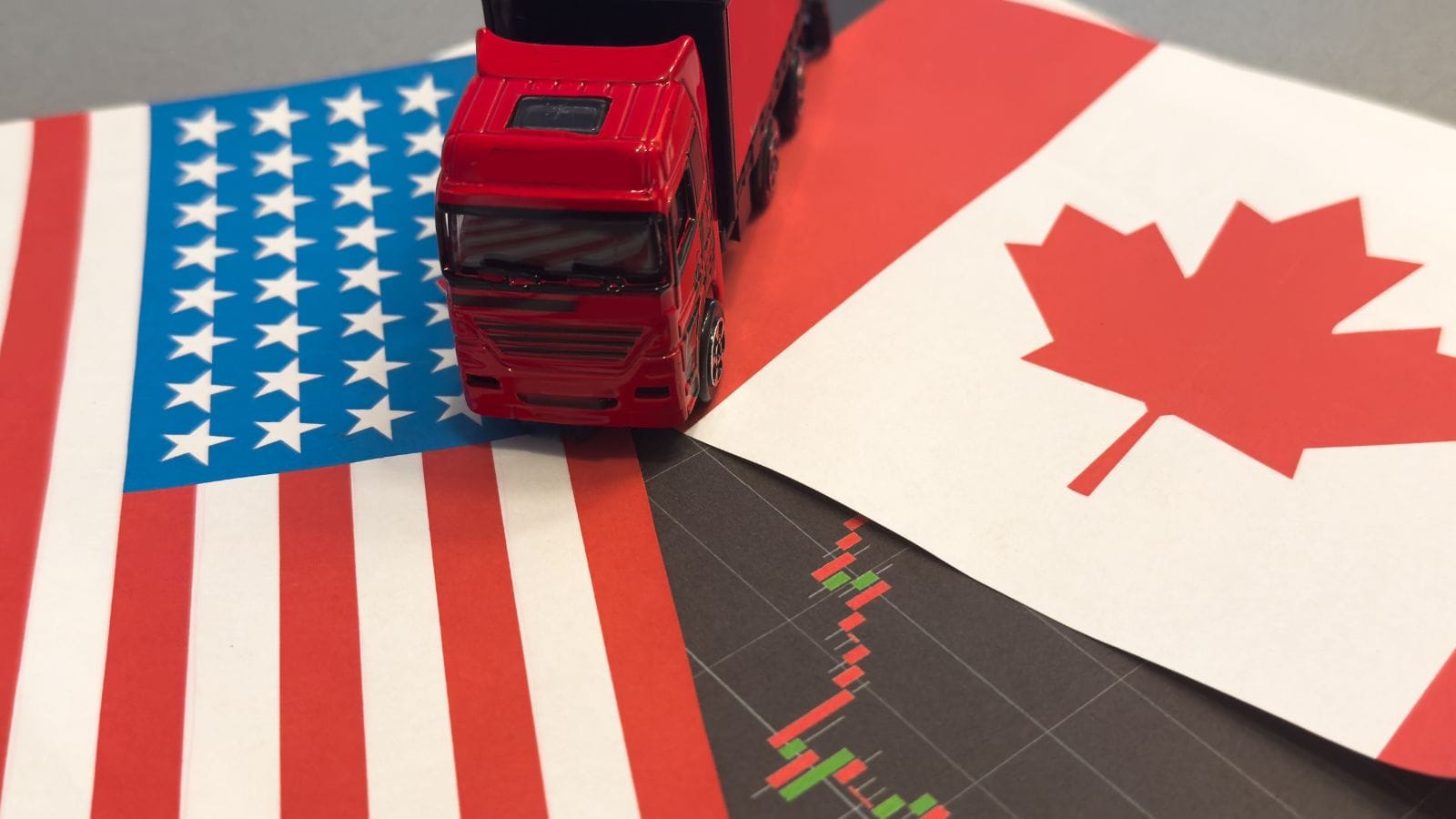
With tariffs inflating the cost of imports, more Canadian buyers are intentionally seeking out vehicles assembled on home soil. Models like the Toyota RAV4 and Honda CR-V are gaining favor as patriotic and practical choices. Buyers want to support local jobs while dodging added costs tied to foreign parts and labor. Dealers in Hamilton and London are seeing more shoppers ask specifically where a vehicle is built before signing. Tariffs have quietly turned manufacturing origin into a key factor in purchase decisions, which is something that rarely mattered to most Canadians just a few years ago.
Trade-In Values Are Surpassing Expectations
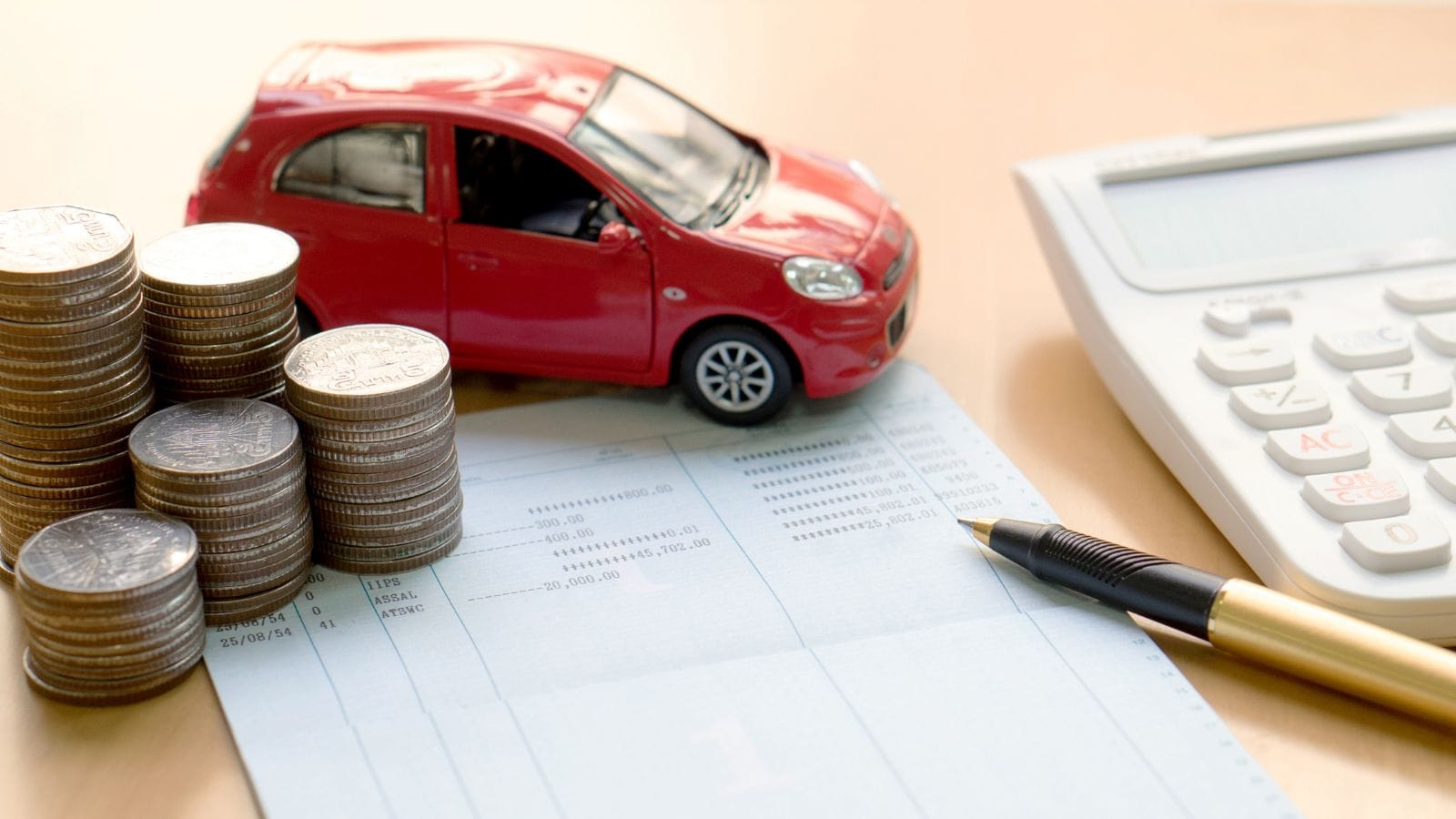
One of the few silver linings in the current climate is the higher-than-normal trade-in values. Because new inventory is tight and demand is spiking, used vehicles, especially late models, are fetching top dollar. Some Canadians are stunned to find their two- or three-year-old car worth more now than when they bought it. In markets like Montreal and Vancouver, trade-in bonuses are becoming a critical bargaining chip. While that value boost can ease the sticker shock of a tariff-laden new vehicle, it also means buyers are entering a much tighter used market on the other side of the deal.
Fleet and Rental Buyers Are Crowding Out Individuals
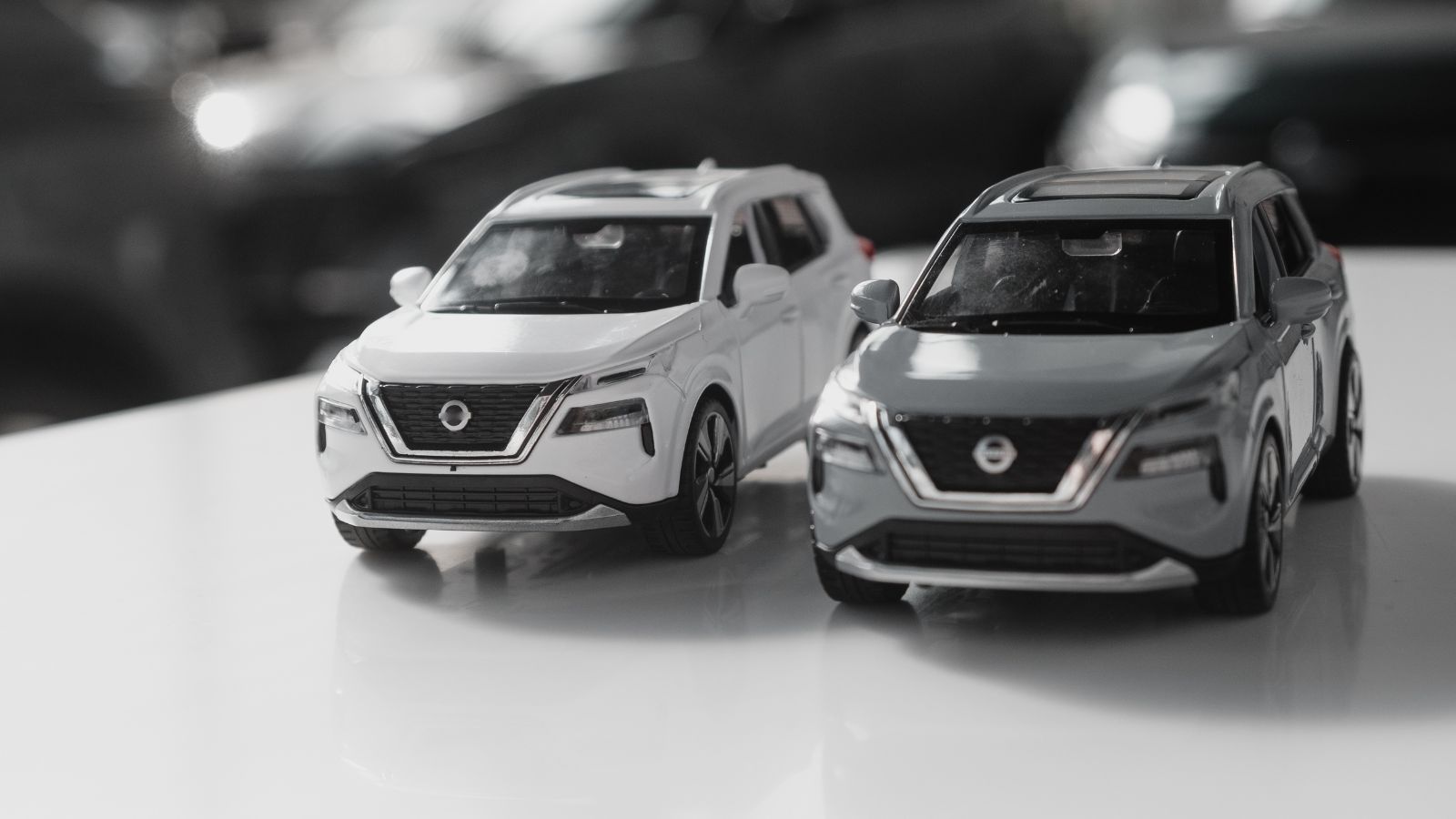
With tariffs reshaping global supply chains, automakers are prioritizing high-volume clients, like fleet operators and rental agencies, over individual Canadian shoppers. That means fewer vehicles available for personal buyers, especially on popular models. Cities like Calgary and Winnipeg have seen new cars redirected en masse to corporate accounts, leaving retail lots dry. For the average buyer, that translates to longer wait times, higher prices, and reduced negotiating power, as the tariffs quietly reshuffle who gets served first in the supply chain, with everyday Canadians increasingly forced to the back of the line.
More Buyers Are Traveling Between Provinces for Deals

Tariff pressures are encouraging Canadians to widen their search radius. With prices and inventory levels varying province to province, more shoppers are flying or driving across borders to secure the right vehicle. Atlantic Canadians are booking cars in Ontario, while Albertans are scouring B.C. lots for specific trims. Online inventory tools and transport services make the logistics easier, but the trend speaks to a growing desperation. The once-local car search is now a cross-provincial mission, fueled by fear of post-tariff scarcity.
Luxury Buyers Are Downsizing to Avoid Tariff Bloat

With imported luxury cars facing especially steep tariff impacts, many Canadians are rethinking their badge loyalty, and even wealthy buyers are feeling the pinch. Shoppers who previously cruised in BMWs and Audis are now considering high-end trims of domestic brands like GMC, Acura, or Lexus. In affluent areas like Oakville and West Vancouver, dealers are noting an uptick in luxury downsizing where comfort and tech still matter, but tariff exposure does not. For the first time in years, the emotional appeal of status symbols is being overtaken by the cold logic of economic foresight.
Financing Terms Are Getting Longer and Riskier

To offset rising prices, Canadians are stretching their financing terms, often beyond 84 months. These long-term loans come with lower monthly payments but greater interest paid over time, leaving many underwater on their vehicles long before they’re paid off. With tariff-driven price hikes and uncertain resale values, the financial risk grows. Dealerships in Regina and Halifax report more buyers agreeing to extended terms to stay within budget as consumers take a short-term solution with long-term consequences, underscoring the desperation many feel to secure a car now, even if it means sacrificing future flexibility.
EV Buyers Are Rethinking Their Choices

Tariffs are hitting electric vehicles especially hard, with many EVs sourced from tariff-sensitive regions like Europe and Asia. Canadians who once considered the Hyundai Ioniq 5 or Kia EV6 are pivoting to domestic options like the Chevy Bolt or waiting for Canadian-built alternatives. Even government rebates cannot offset the added costs from new import duties. Buyers in cities like Guelph and Victoria are delaying EV purchases or switching back to hybrids due to price surges. Tariffs may be unintended roadblocks in Canada’s electrification journey, stalling momentum just as demand was finally taking off.
Americans Are Buying Used Canadian Cars Again
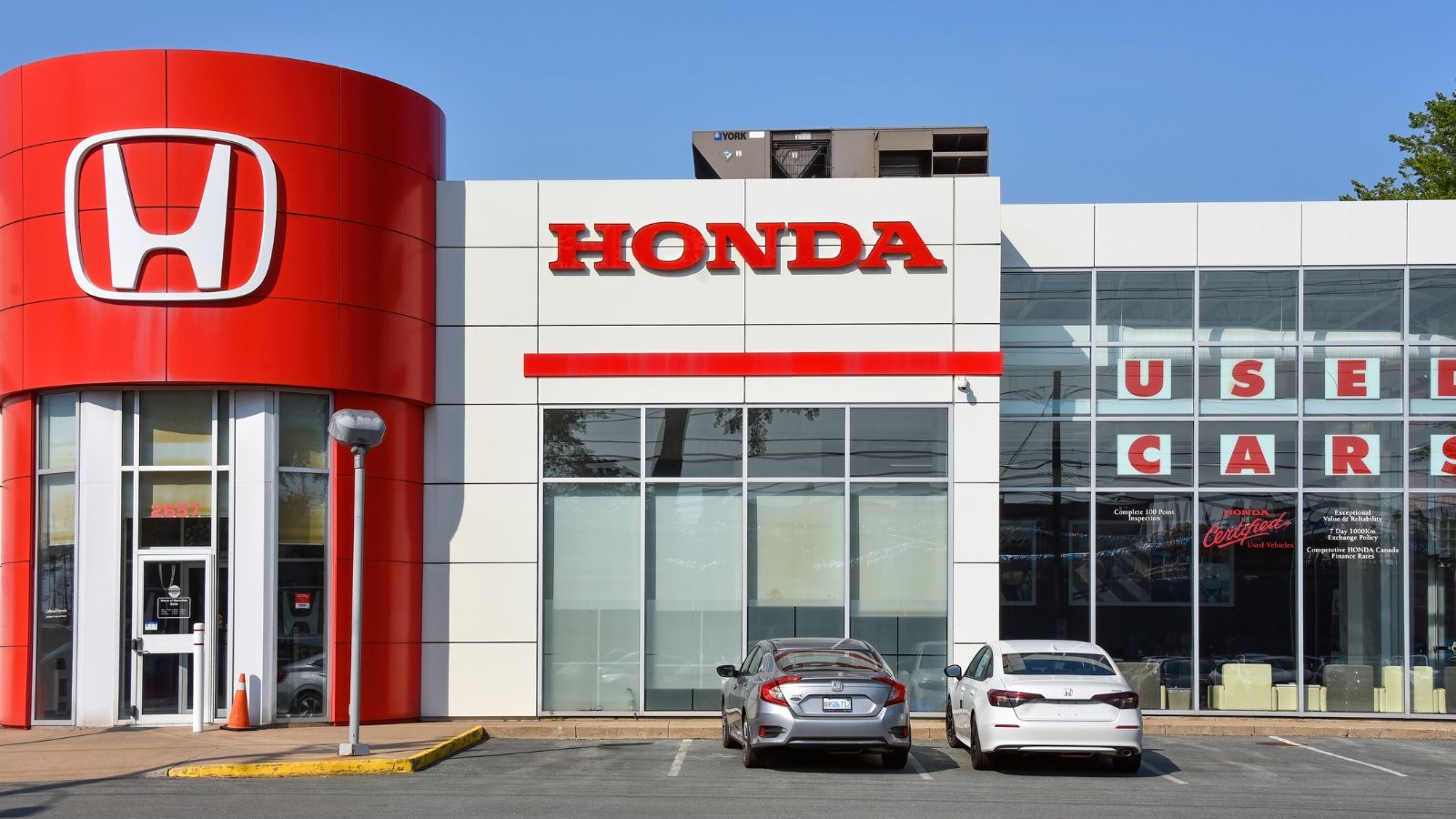
As Canadian new car prices rise from tariffs, the U.S. market is rediscovering a strange opportunity that lies with Canadian used cars. With favorable exchange rates and ample high-quality pre-owned inventory, American resellers are scooping up Canadian vehicles, sometimes in bulk. Dealers near the border in places like Windsor and Saint-Jean-sur-Richelieu are seeing buyers from Michigan and Vermont clearing their lots. This outflow is shrinking the local supply of goods and raising prices for Canadian shoppers.
More Buyers Are Holding On to Older Cars
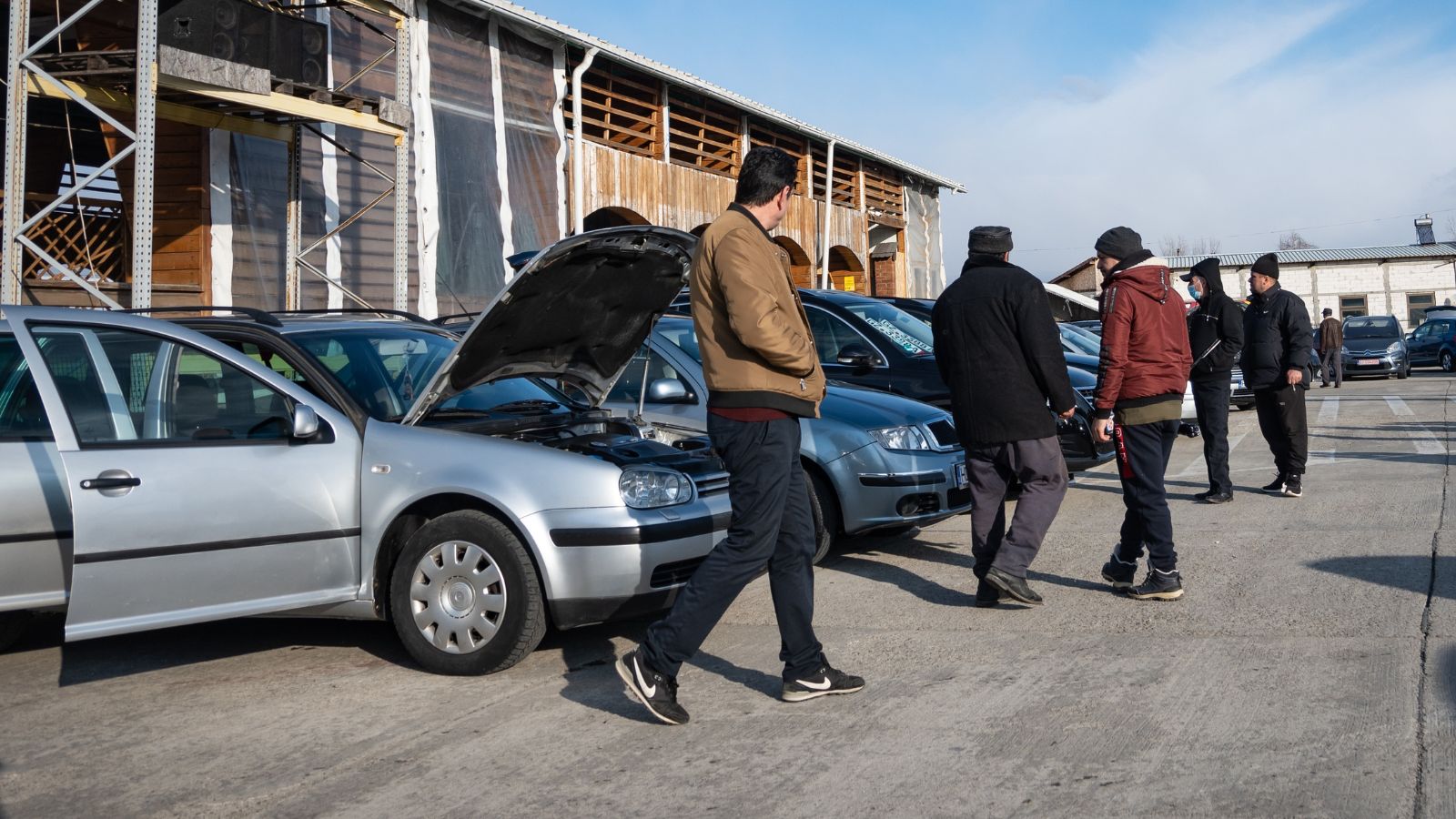
Instead of trading up, many Canadians are simply hanging on. With both new and used vehicles getting pricier by the quarter, the smart money move is often to maintain what you already own. Mechanics in Ottawa and Red Deer report booming business as drivers opt for brake jobs and timing belts over ballooning monthly payments. The average age of cars on Canadian roads is creeping up, as cautious buyers wait for tariff resolutions or better deals.
Some Canadians Are Turning to Car Subscriptions

As traditional car ownership becomes less attractive, some Canadians are eyeing subscription services as an alternative. These flexible programs offer month-to-month access to new vehicles without the long-term commitment or upfront cost, which is an appealing option in a volatile market. Companies like Clutch and Finn are expanding in Toronto and Calgary, offering everything from compacts to crossovers. While still a niche market, car subscriptions are drawing attention from millennials and urban professionals wary of tariff-driven depreciation or locked-in loan terms.
Dealer Loyalty Is Fading Fast

Years of brand loyalty are crumbling under the weight of tariffs, as shoppers who always drove Ford or Subaru are now jumping ship for whoever has the best price, or any inventory at all. Dealers in Quebec City and Edmonton say longtime customers are ghosting them in favor of out-of-town competitors. Loyalty programs and service incentives are proving weak against the gravitational pull of affordability. In today’s climate, buying a car has become about who can deliver a decent deal before next month’s prices spike again, meaning that dealerships are finding it more challenging to retain customers.
Canadians Are Becoming Reluctant First-Time Buyers

For young Canadians hoping to buy their first car, tariffs are turning a rite of passage into a financial headache. What used to be a stretch is now often out of reach, especially with starter models seeing the same tariff-driven markups as family SUVs. In cities like Halifax and Saskatoon, entry-level buyers are backing out or turning to the used market, where prices aren’t much better, and many are choosing car shares, transit, or simply waiting it out.
21 Products Canadians Should Stockpile Before Tariffs Hit

If trade tensions escalate between Canada and the U.S., everyday essentials can suddenly disappear or skyrocket in price. Products like pantry basics and tech must-haves that depend on are deeply tied to cross-border supply chains and are likely to face various kinds of disruptions
21 Products Canadians Should Stockpile Before Tariffs Hit
